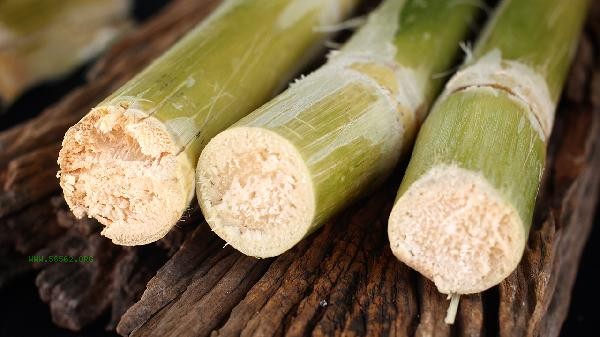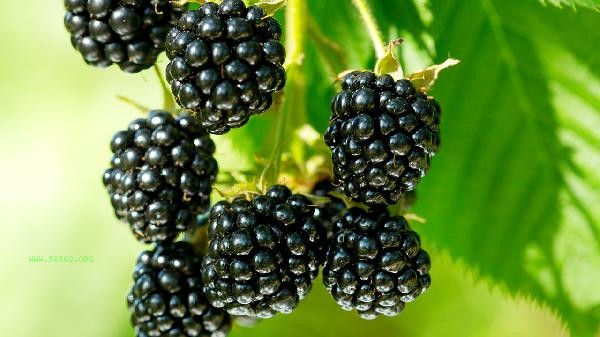Bitter food can be improved by soaking, blanching, and pairing with seasonings. Bitterness may be caused by the characteristics of the ingredients themselves, improper storage, or improper cooking methods, and should be handled according to specific reasons.

1. Soaking Treatment
Some bitter ingredients such as bitter gourd and lotus seeds contain alkaloids or glycosides, which can be dissolved by soaking in salt water or clean water. Vegetables are recommended to be soaked and rubbed on the surface, while beans need to be soaked for an extended period of time. The water temperature should not be too high to avoid damaging nutrients.
2. Blanching to remove bitterness
High temperature blanching can decompose bitter substances, suitable for vegetables with high oxalic acid content such as spinach and mustard. Add a small amount of salt or cooking oil to boiling water, quickly blanch and then supercool. Pay attention to time control, green leafy vegetables should not exceed 30 seconds, and root and stem vegetables can extend the time appropriately.
3. Seasoning Neutrality
Sweet or sour seasonings can mask bitterness. Honey and lemon juice are suitable for cold dishes, while sugar and vinegar are suitable for hot dishes. Fermented condiments such as lobster sauce and Fermented bean curd can be stewed with bitter ingredients, and flavor substances can be produced through Maillard reaction to reduce the bitterness.

4. Pairing with ingredients
High fat ingredients such as pork belly and nuts can encapsulate bitter molecules, while egg protein can bind bitter substances. Classic combinations such as bitter melon stir fried eggs and almond mixed celery not only balance taste but also enhance nutrition. Mushroom umami substances can also effectively neutralize some bitterness.
5. Improve storage
The bitter taste produced by spoiled foods such as sprouted potatoes and rotten nuts is not edible. Fresh fruits and vegetables should be refrigerated and stored, while dry goods should be sealed to prevent moisture. If bitterness is accompanied by mold or odor, it should be discarded immediately to avoid ingestion of harmful substances such as aflatoxins. When dealing with bitter foods in daily life, priority should be given to fresh and high-quality ingredients. Special ingredients such as bitter gourd can be pre salted and dehydrated. Excessive bitterness may indicate pesticide residues or spoilage, and should be consumed with caution. Long term intake of abnormally bitter foods may affect gastrointestinal function. It is recommended to adjust the diet structure to ensure diversity of ingredients. If discomfort such as nausea and dizziness occurs after consumption, seek medical attention promptly to investigate the cause.










Comments (0)
Leave a Comment
No comments yet
Be the first to share your thoughts!